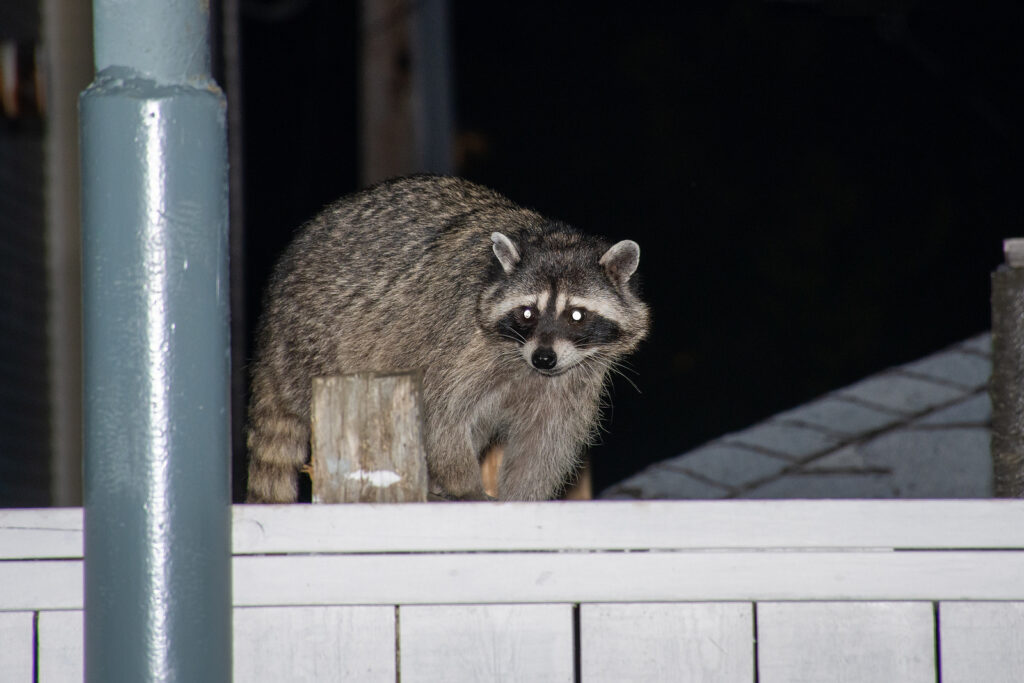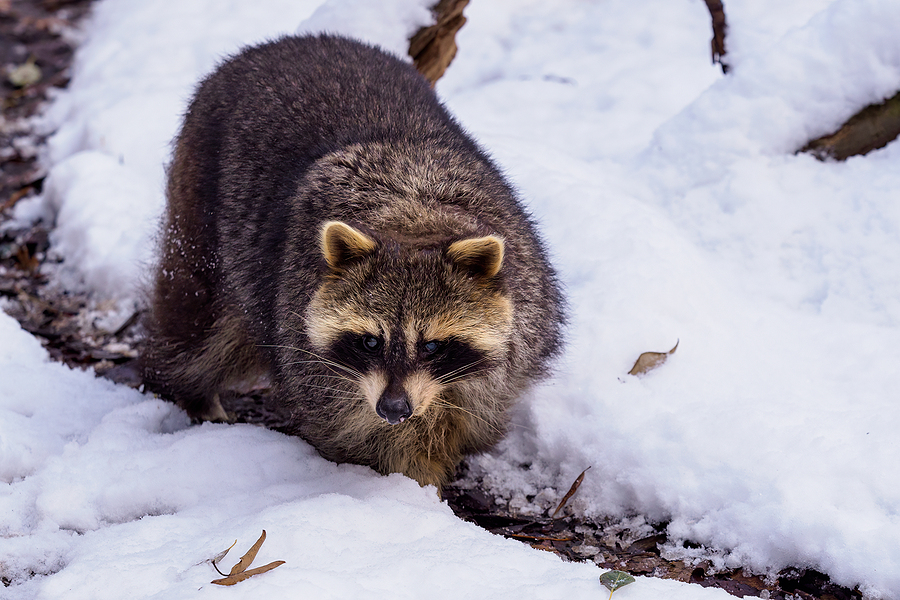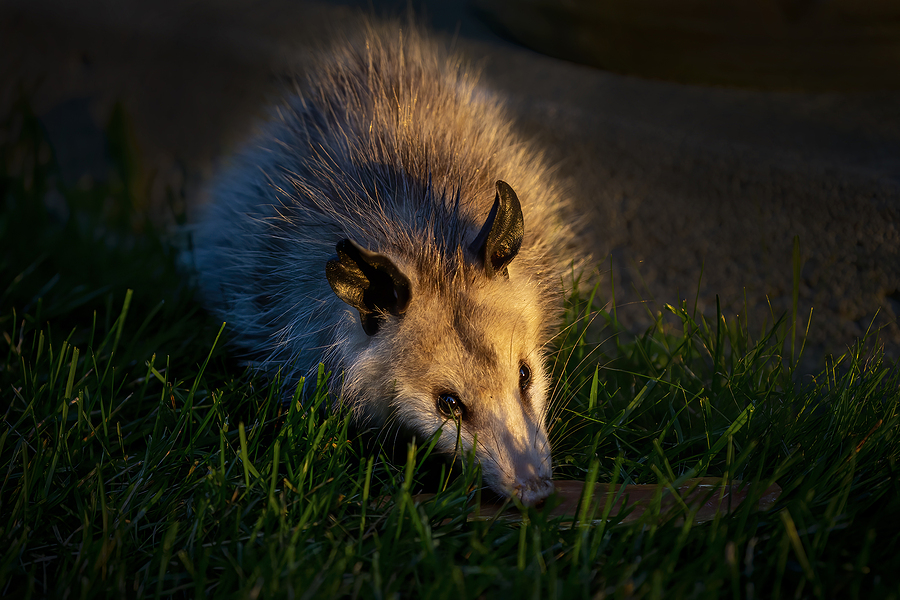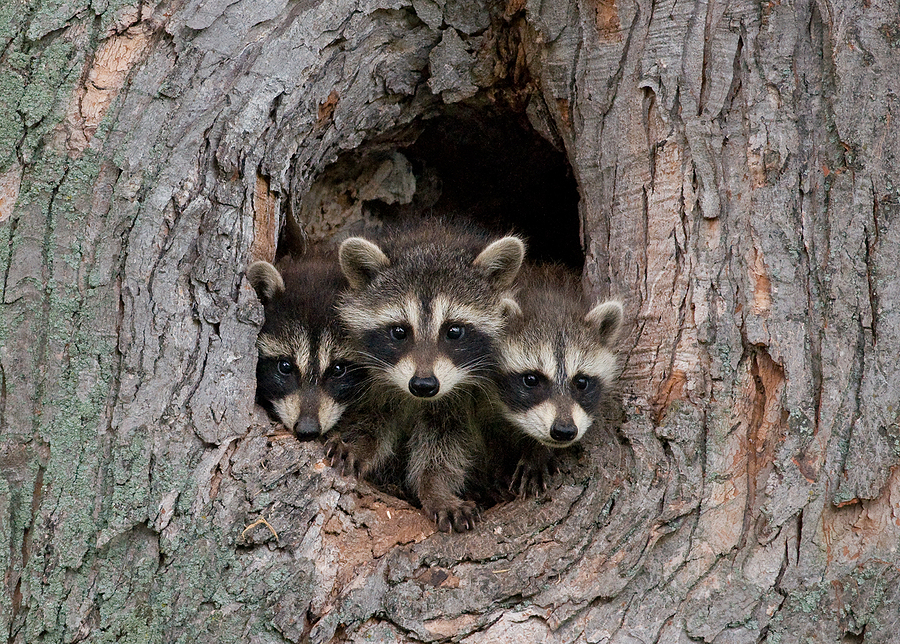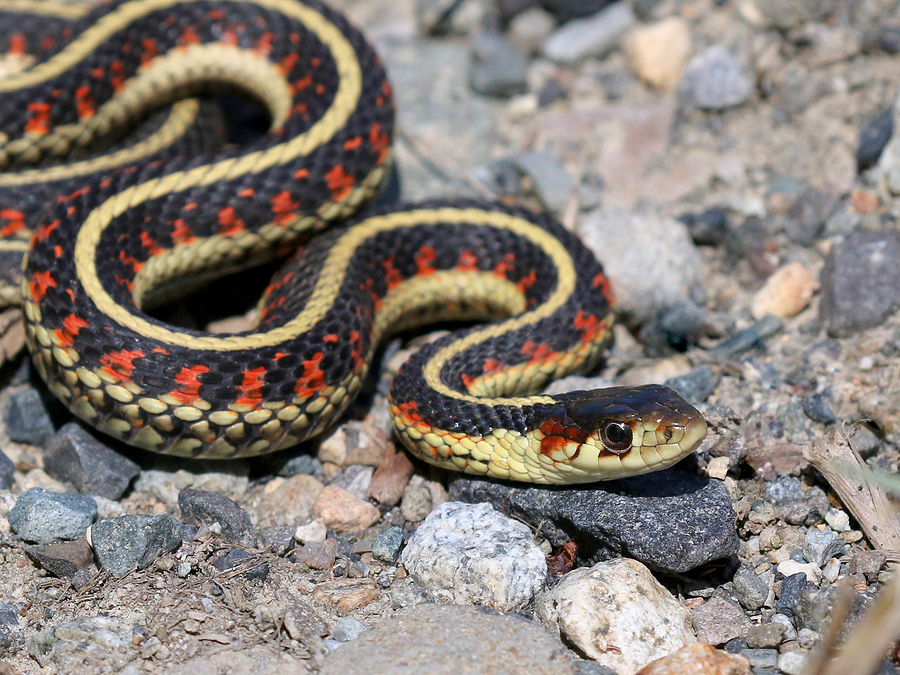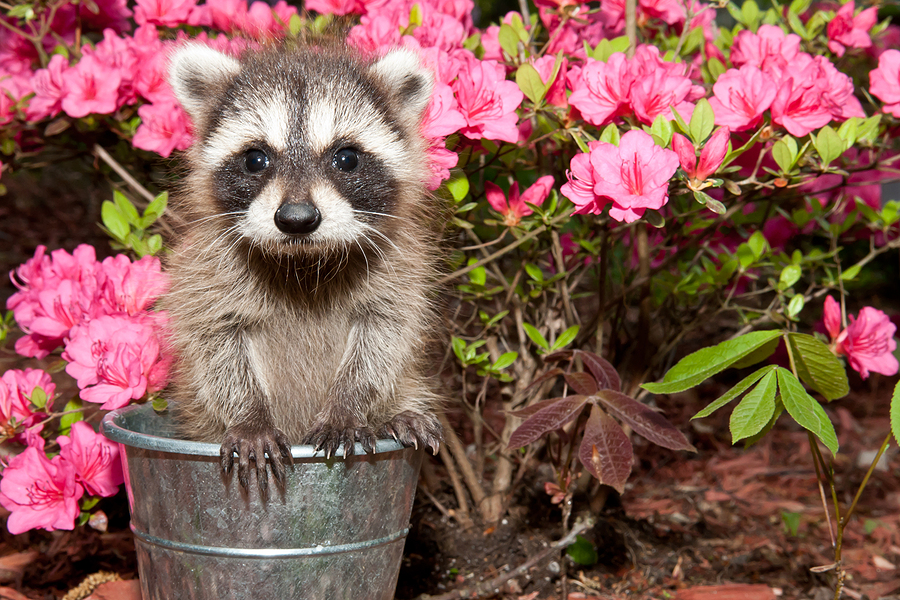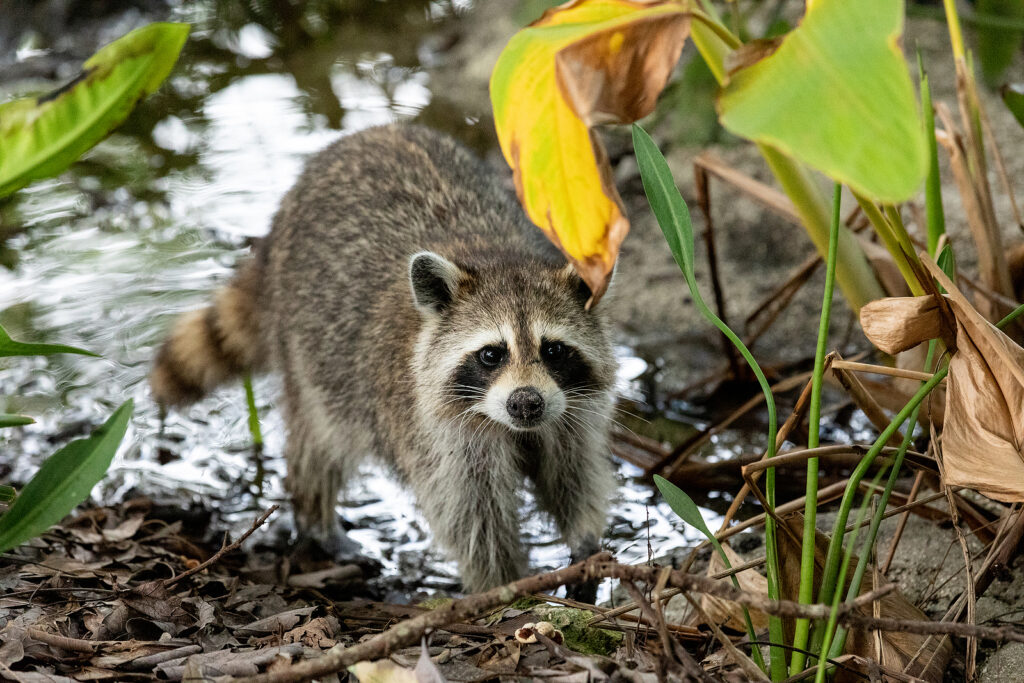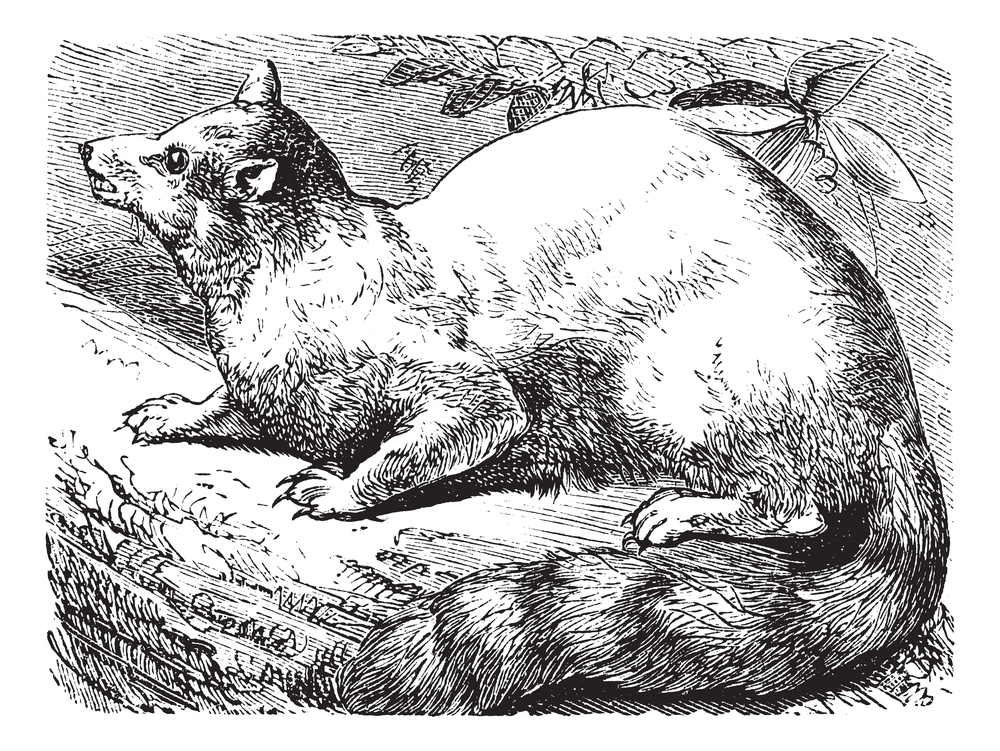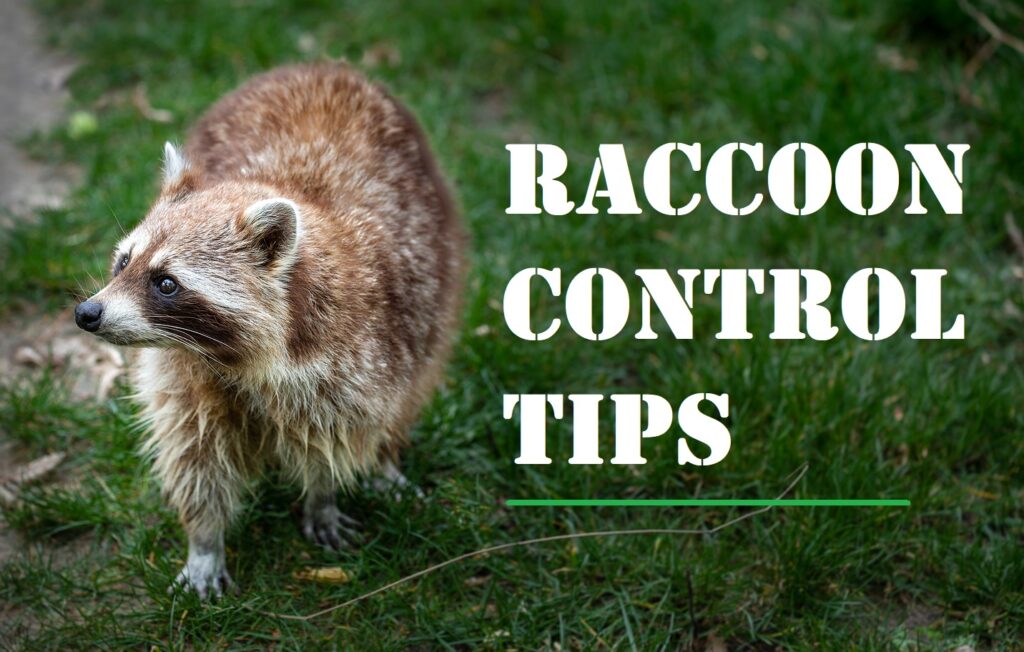Welcome to our deep dive into the world of raccoons in the Hoosier State. The common raccoon, a familiar sight in Indiana’s backyards, parks, and wilderness, plays a significant role in the state’s environmental landscape.
This blog post focuses on the environmental impact of these fascinating creatures, shedding light on the importance of raccoon control and the symbiotic relationships they maintain with their surroundings. Join us as we explore the influence of raccoons on our environment, from their role in the ecosystem to the challenges they pose, and the importance of effective management strategies.
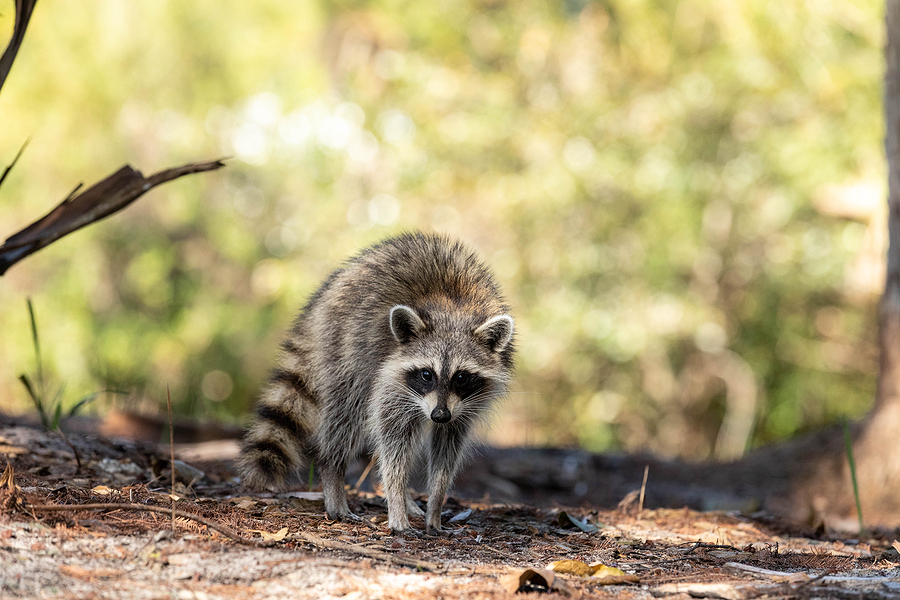
The Common Raccoon: A Keystone Species
The Common raccoon, scientifically known as Procyon lotor, is a medium-sized mammal native to North America. These adaptable creatures have established a thriving population in Indiana, thanks to their ability to survive in diverse habitats and feed on a wide range of food sources. While they may seem like pesky pests to some, raccoons are considered a keystone species in the state’s ecosystem. This means that their presence has a significant impact on the health and balance of their environment.
The Role of Raccoons in the Ecosystem
Raccoons play many vital roles in Indiana’s ecosystem. As omnivores, they feed on both plants and animals, making them important in maintaining a balanced food web. Their diet consists of fruits, nuts, insects, small vertebrates, and even garbage. By consuming a variety of foods, raccoons help control populations of pests like rodents and insects. Additionally, their foraging behavior helps disperse seeds and pollen, contributing to the growth and diversity of plant species in the state.
Challenges Posed by Raccoons
While raccoons are an essential part of Indiana’s environment, they can also present challenges. As opportunistic animals, they may cause damage to crops, gardens, flowerbeds, and all sorts of interior and exterior property if not properly managed. Their scavenging habits can lead them to come into contact with humans and domestic pets, potentially spreading diseases such as rabies and distemper. Furthermore, their adaptability and high reproductive rate can lead to overpopulation, causing conflicts with other species and disrupting natural balances.
The Importance of Raccoon Control
To mitigate the challenges posed by raccoons, it is crucial to implement effective environmental modifications and management strategies. This includes measures such as securing garbage cans, sealing entry points to homes and buildings, and avoiding leaving out food sources that may attract raccoons. In cases of overpopulation, it is necessary to implement responsible and humane population control methods. These efforts not only protect human health and property but also ensure the well-being of raccoons by preventing overcrowding and resource depletion.
Common Signs of a Raccoon Infestation
1. Droppings
One of the most common signs of a raccoon infestation is droppings. Raccoon droppings are typically dark in color and measure around two to three inches in length. They may be found near food sources, such as garbage cans or pet food dishes, or in areas where raccoons have been nesting, such as attics or sheds. If you find any droppings, it is important to contact a pest control professional for assistance.
2. Damage to Property
Raccoons can cause significant damage to your property if they gain access. This damage can include chewed wires and insulation, ripped shingles, and torn screens. Additionally, they may also cause damage to potted plants, gardens, and lawns by digging for grubs and other insects. If you notice any of these signs of damage on your property, it is likely that you have an infestation.
3. Noises
Another sign of a raccoon infestation is noises coming from the attic or other parts of the home at night. Raccoons are nocturnal animals so they will be most active during the night hours when humans are asleep. If you hear scurrying noises or scratching sounds coming from inside your walls or attic, it is likely that you have an infestation.
In Summary
Raccoons are an integral part of Indiana’s environment, playing a significant role in maintaining its health and balance. While their presence may pose challenges, the importance of effective raccoon control cannot be overstated. By understanding the impact of these creatures on our ecosystem and implementing responsible management strategies, we can ensure a healthy coexistence between humans and raccoons in Indiana.
Hopefully this blog post has helped provide useful information on Indy’s local raccoon populations. Contact Budget Animal Removal at 317-875-3099 for DNR licensed and insured raccoon removal and control in Indianapolis and its surrounding counties. Request a free estimate or advice, today!
Related Posts:
Tips for Dealing with Raccoons this Winter Season
Is it Raccoon Breeding Season?
Is a Ringtailed Cat a Raccoon?

